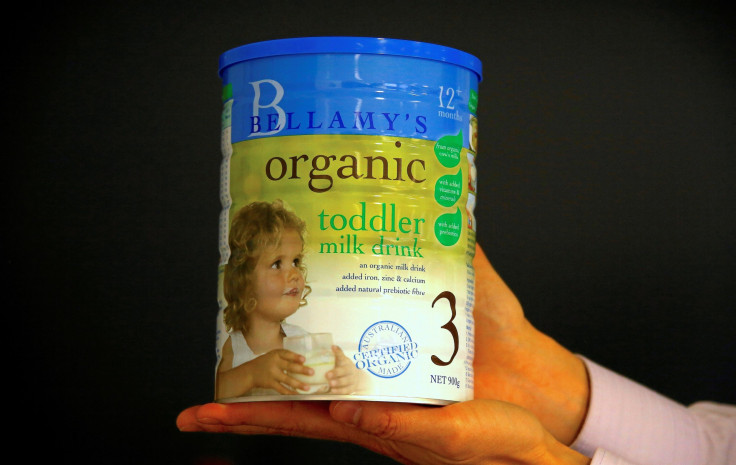Bellamy assigns COO Andrew Cohen as its temporary CEO replacing Laura McBains

Bellamy has confirmed that Laura McBain has stepped down as the company terminated her contract as its chief executive officer (CEO). She will be replaced temporarily by the chief operating officer (COO), Andrew Cohen. The termination occurred in the wake of the company's sales and market shares plunge.
The company's chairman Rob Woolley thanked McBain for her contributions to Bellamy over the past decade. Woolley has reminisced the moment when McBain joined the company in 2006 as a general manager. He said that the former CEO has overseen the growth of the company including its brand and market expansion. He added that the board of directors and management were focused on rebuilding confidence with key stakeholders, investors, suppliers and customers.
On Dec. 2, 2016, the company's share fell by more than 40 percent. Then it announced that it would remain off the Australian Stock Exchange until Dec. 21, 2016 or until the review of its finances concluded. The decision was made following news about the depressing prices and sales caused by new Chinese regulations.
Bellamy expected a lowered six-month revenue of $115 million to $120 million in December 2016, which was slightly weaker than its original projection of $120 million. The company even expected annual profits between $220 million to $240 million, which were lower compared with 2015.
The company has been silent on its status for more than a month but later revealed that it has negotiated with its suppliers, including Bega Cheese and Fonterra. Its contract with Fonterra has been amended and it would operate profit between $22 million and $26 million for the year ending in June 2017.
The company suffered several consequences because of the lowered demand for its infant formula. Its infant formula’s inventory has increased while there was an excess in the ingredients. The company has experienced a shortfall payments to its suppliers.




















